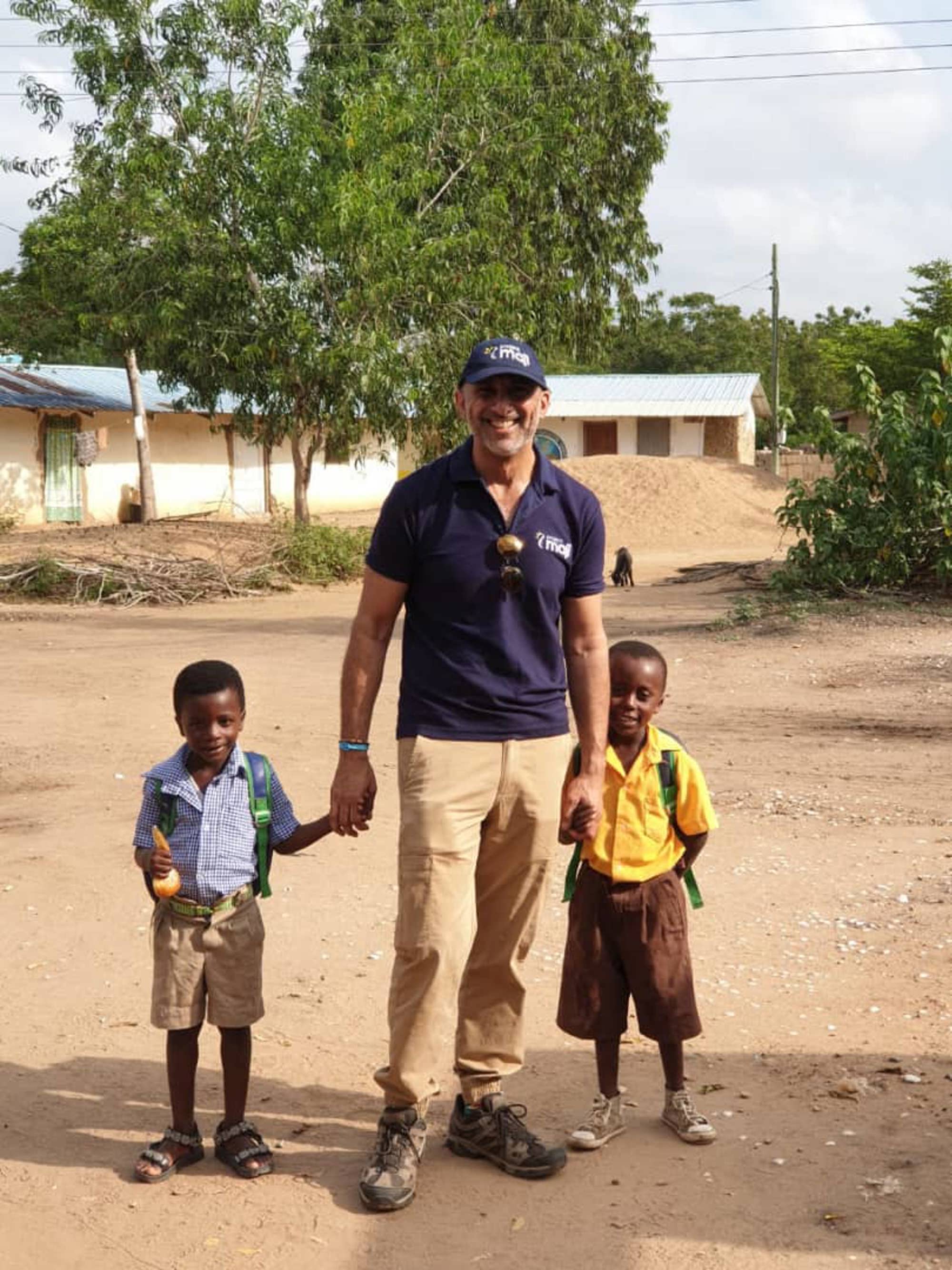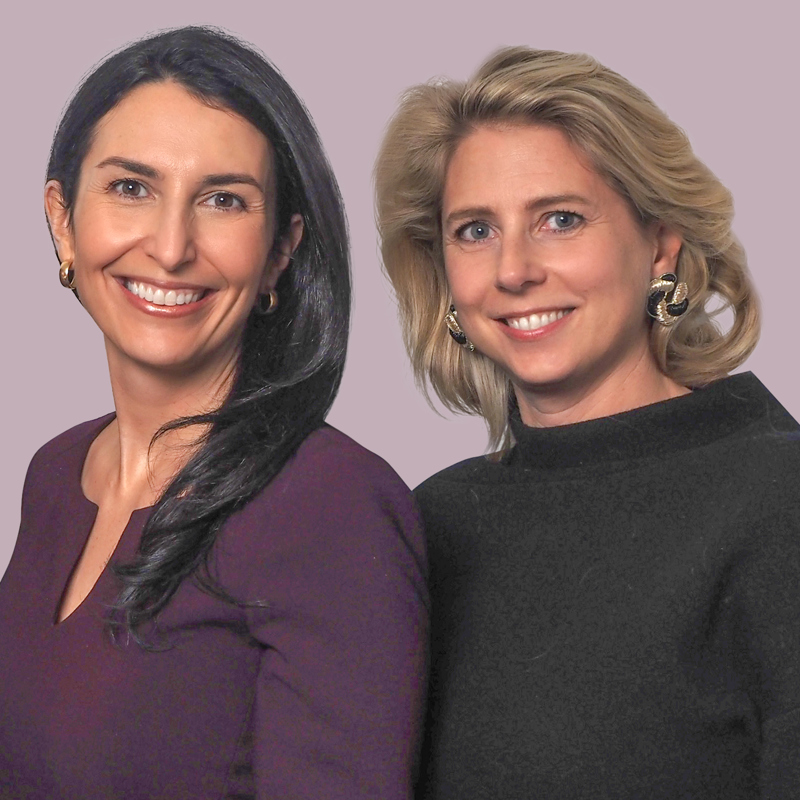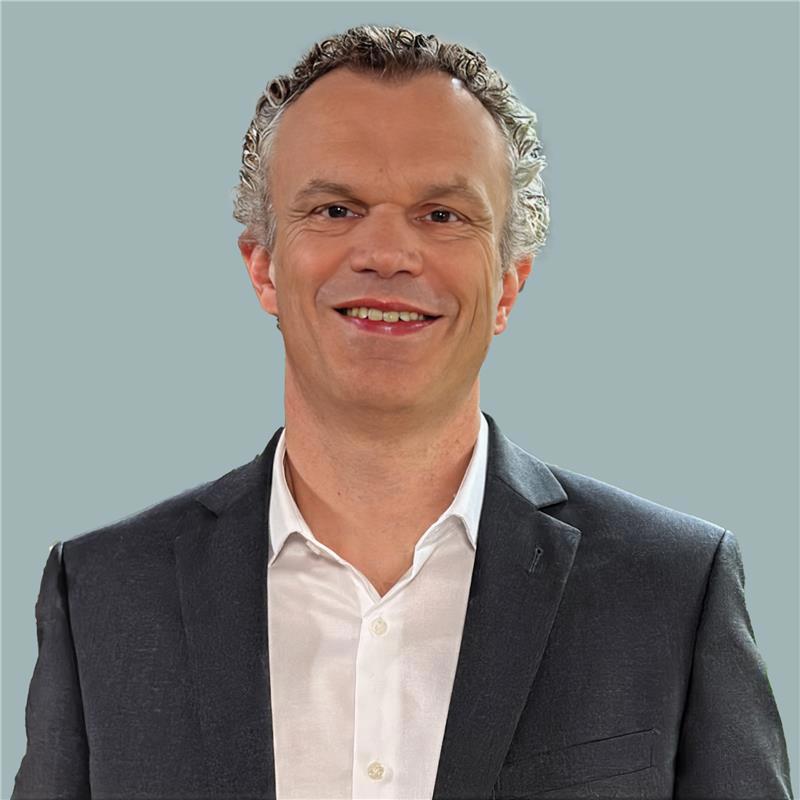Find this episode on Apple or Spotify, or search for Shaping Philanthropy wherever you get your podcasts.
Sunil Lalvani is a social entrepreneur and impact advocate who transitioned from running a global electronics business to tackling one of the world’s most urgent challenges, sustainable access to safe water.
As the founder and CEO of Project Maji (Swahili for water), he now spends his time managing a network of solar-powered water kiosks to ensure long-term, cost-effective solutions for communities across Africa.
Celebrating its 10th anniversary in 2025, Project Maji provides more than 300 million litres of clean water to some 400,000 people across rural Ghana, Kenya, and Uganda every year but combining frontline community work with high-tech data platforms.
In this wide-ranging interview for the Shaping Philanthropy podcast, Sunil shares how it all began, how he’s brought his family along with him, and what he’s learned about running an NGO operating in Africa.
Sunil reflects candidly about how his approach to money has changed since launching Project Maji and how he’s become more mindful about consumption and waste.
“I run Project Maji like a business, that’s in my DNA, but our North Star is not making a profit, it is about how much impact we can have,” he says.
"I run Project Maji like a business, that’s in my DNA, but our North Star is not making a profit, it is about how much impact we can have."
The conversation with host Anissa Punjani is jam-packed with useful advice for anyone thinking about starting their own nonprofit or expanding a family business CSR initiative.
Dubai-based Sunil also makes a clear appeal to donors to trust the NGOs they fund, and to stop overthinking overheads and running costs.
“We need to reframe how we think about donations,” he says, frustrated that investors have no qualms trusting people to make a profit on their behalf, but when money is being given away, they want to scrutinize how each dollar is spent.
Making the case for supporting water projects, Sunil adds: “Every single day, a thousand kids die due to preventable waterborne diseases…That's how serious this is… So, solving water is a sensible prudent investment, it needn’t be looked at as charity.”
10 years of Project Maji
2015 - Project Maji installed the first solar water kiosk is installed in Atintan, Ghana, providing clean water to 1,200 people.
2016 – Developed and deployed the Mini Maji modular kiosk, making clean water accessible to smaller communities.
2018 – Expanded operations into Kenya, paving the way for regional scale-up.
2018 – Launched digital payment systems (MajiPay) and remote monitoring of our entire water systems, enabling consumers to pay seamlessly and allowing for proactive maintenance and operational efficiency.
2021 – Installed the first MajiPlus piped water system with multiple access points, an advancement in decentralized rural water supply.
2022 – Expanded into Uganda, strengthening the NGO's impact through strategic partnerships.
2024 – Published in the Harvard Business Review, showcasing our innovative approach to sustainable water solutions.
2025 - 10 years of Project Maji and launch of documentary
To celebrate a decade of impact, Project Maji has made a documentary about its work.




